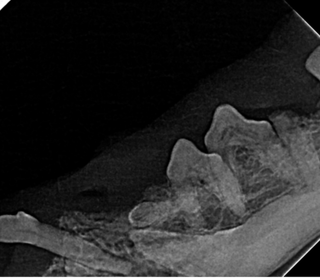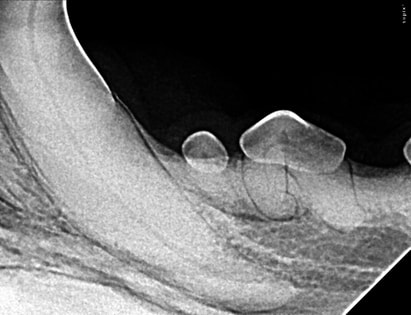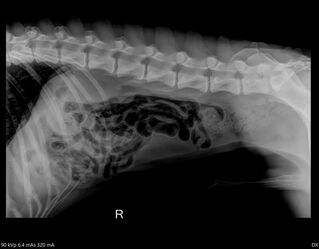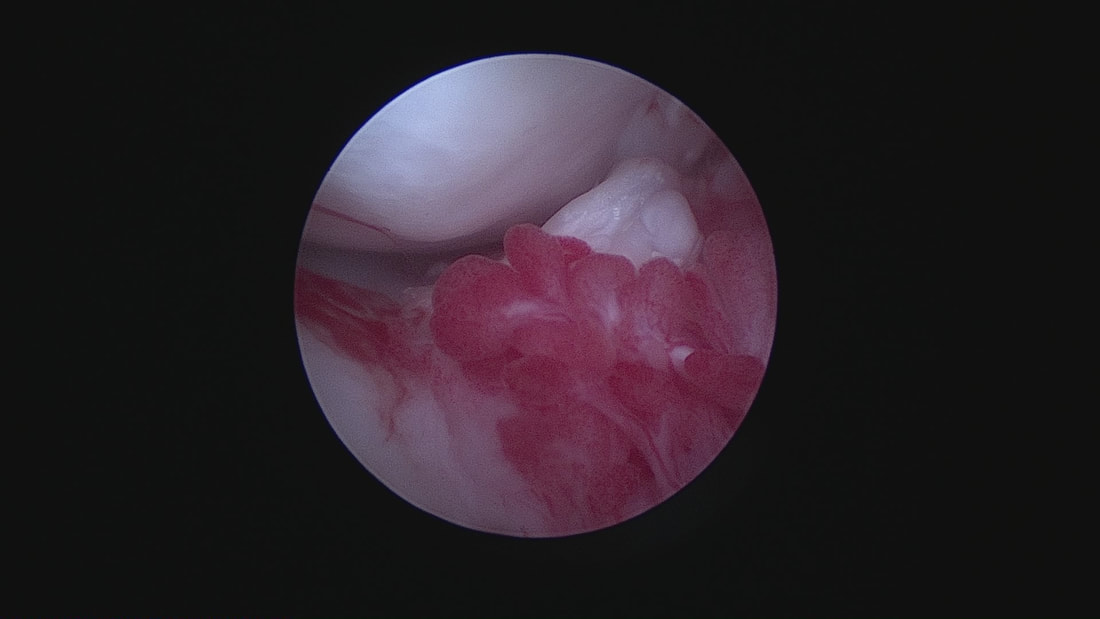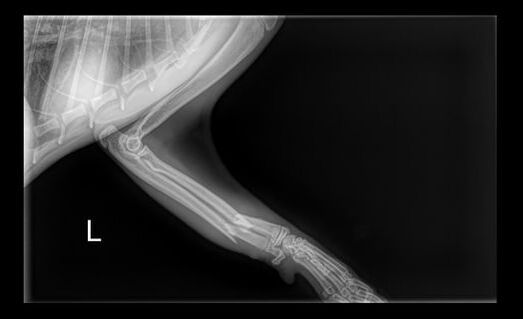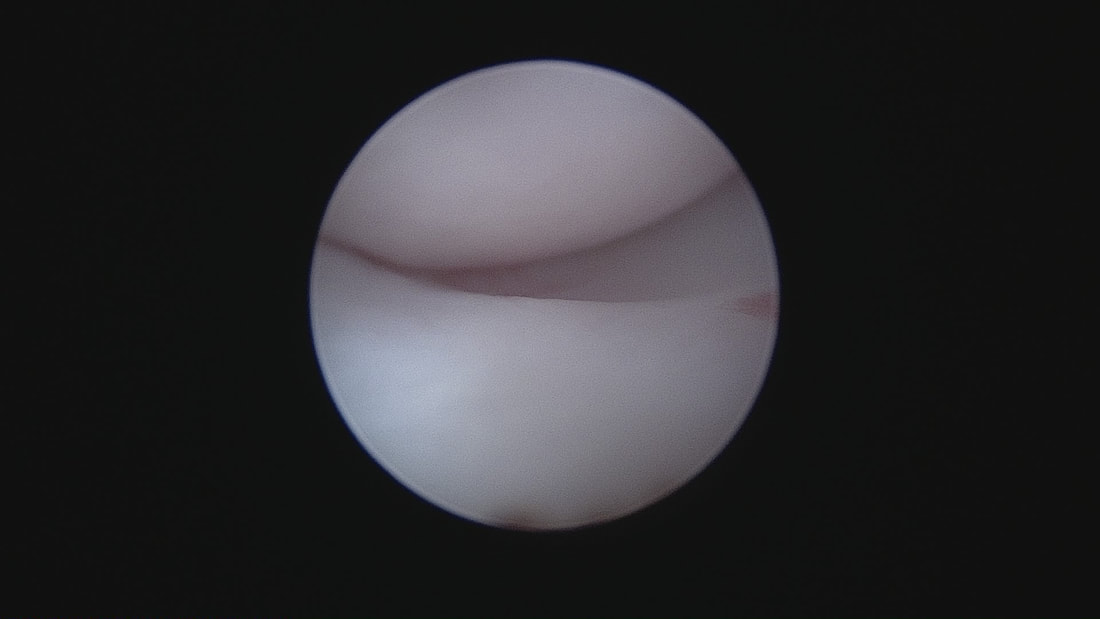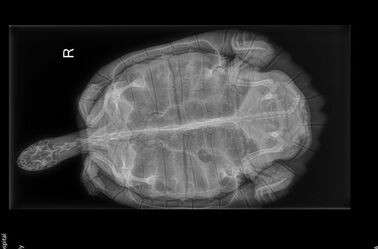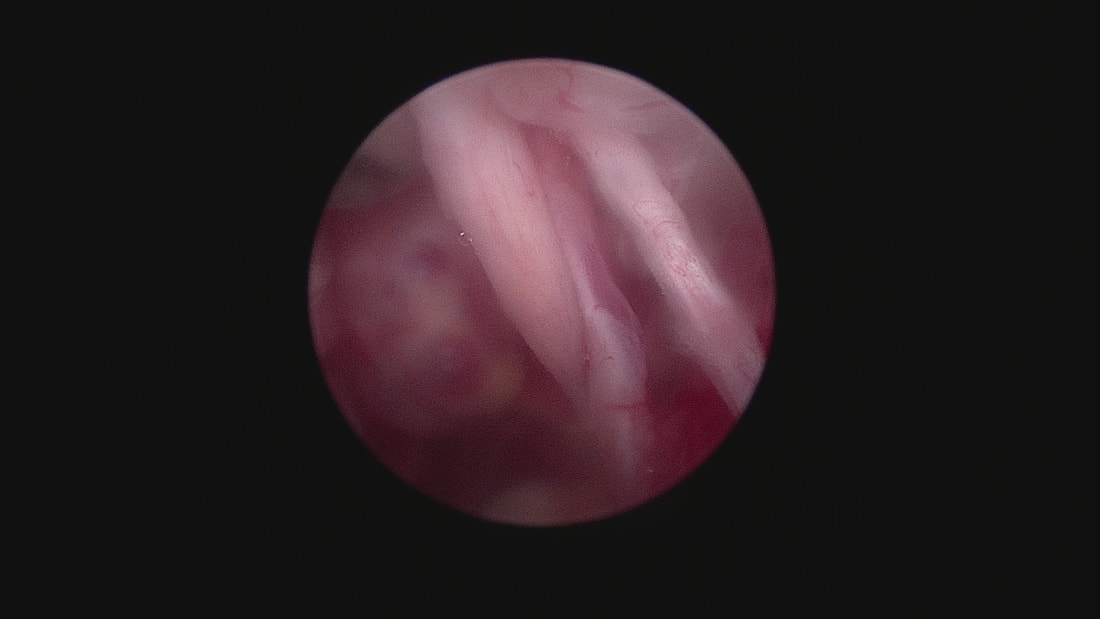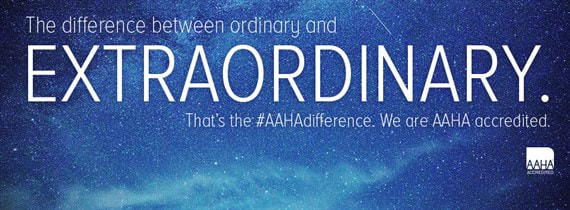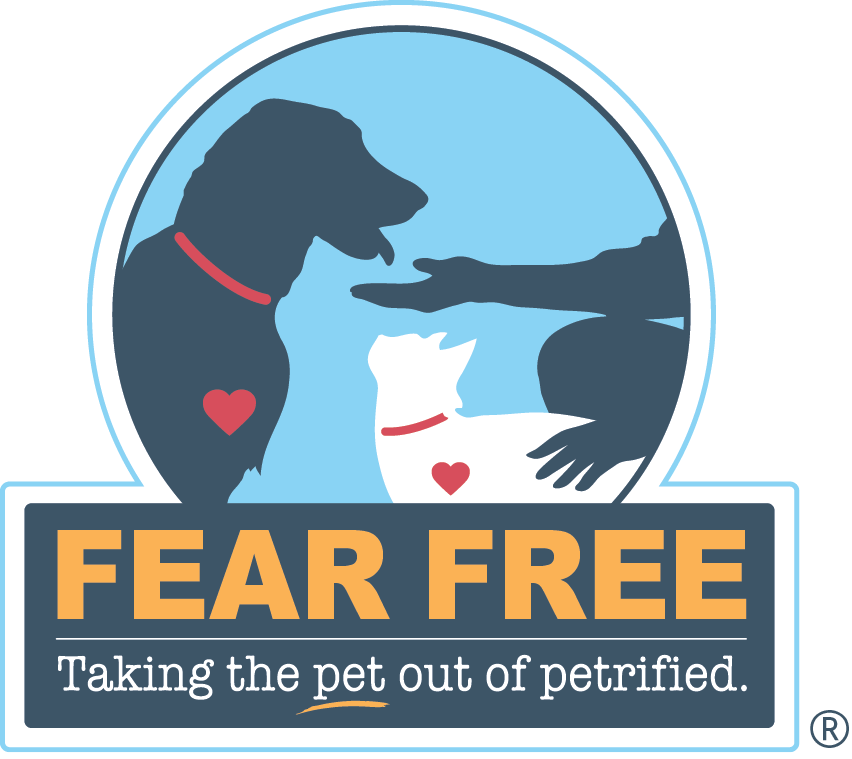Surgery, dentistry, radiology, ultrasound - we do that!
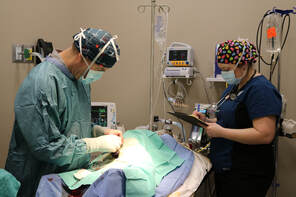
Sometimes we get so busy talking about what makes us different, we forget to let you know that we do all of the regular things that you expect at your veterinary hospital.
Surgery
Spays and neuters - yes - we do those! What's different with us is that we recommend that our clients wait LONGER than six months to have this procedure done on their dogs and cats. There is scientific evidence that waiting can help decrease the incidence of orthopedic disease later on in your pet's life, if their spay/neuter happens after their skeletons mature. The hard part with this can be managing behaviour (especially with some of the male pets), and making it through the estrus/heat cycle with the females.
Of course, we also do other "soft tissue" surgery: lumpectomies, spleen removals, foreign body surgeries, laceration repairs and stenotic nares surgeries to name a few.
Surgery
Spays and neuters - yes - we do those! What's different with us is that we recommend that our clients wait LONGER than six months to have this procedure done on their dogs and cats. There is scientific evidence that waiting can help decrease the incidence of orthopedic disease later on in your pet's life, if their spay/neuter happens after their skeletons mature. The hard part with this can be managing behaviour (especially with some of the male pets), and making it through the estrus/heat cycle with the females.
Of course, we also do other "soft tissue" surgery: lumpectomies, spleen removals, foreign body surgeries, laceration repairs and stenotic nares surgeries to name a few.
|
Dentistry for pets - yes please!
Do you want your pet to have a longer, healthier life? Help them take care of their teeth! Like so many things, dental care begins at home. Ensure that your pets "brush" on a daily basis by using appropriate chews and specially designed foods, or start brushing their teeth when they are young, and make it a pleasant habit that they don't avoid. Dental disease can happen, even with the best home care habits - when it does, we are here to help. Digital dental X-rays show us what is happening below the level of the gum line, allowing our veterinarians to assess your pets dental health, and make a plan on what procedures need to be done. If the pet's teeth are cleaned without having this all important "deeper" look, the crowns or external part of the teeth may look fine, but this could mask abscesses and other problems that are brewing below the surface. |
Many dental procedures can be done here in our hospital. For very complicated dental cases, our veterinarians know their own limits, and because they want the very best outcome for your pet, we will refer to a veterinary dental specialist.
Very complicated extractions, the need for root canals if a broken tooth is to be preserved, or cases where reconstruction is needed should really all be seen by a board certified veterinary dental specialist. We commonly refer to West Coast Veterinary Dental Services. |
Radiology, Endoscopy, and Diagnostic Ultrasound: Let's look inside.
These are amazing tools - really, it's hard to imagine veterinary medicine without them.
Radiology (X-ray) helps us in so many ways: is that bone broken? Does that pet have heart and lung disease? How many puppies or kittens should we be watching out for? What is going on in that stomach? That knee?
Digital radiology also allows us to make use of specialists to help with those really hard cases. We can take the x-rays here, and send them to board certified veterinary experts to help with the diagnosis on those cases that really have us scratching our heads.
By using endoscopy, we can remove some items (toys, socks...) that pets have swallowed without needing to make an incision, if the item is still in the pet's stomach. Endoscopy also helps our veterinarians look in tiny places like inside the knee joint to see if a cruciate ligament has been ruptured, or a meniscus is torn.
Ultrasound allows us to see what is going on inside a bladder. It can answer the question: is my dog or cat pregnant? Ultrasound can help us diagnose heart disease, or find out what is going on inside the abdominal organs if x-ray doesn't answer enough questions.
These are amazing tools - really, it's hard to imagine veterinary medicine without them.
Radiology (X-ray) helps us in so many ways: is that bone broken? Does that pet have heart and lung disease? How many puppies or kittens should we be watching out for? What is going on in that stomach? That knee?
Digital radiology also allows us to make use of specialists to help with those really hard cases. We can take the x-rays here, and send them to board certified veterinary experts to help with the diagnosis on those cases that really have us scratching our heads.
By using endoscopy, we can remove some items (toys, socks...) that pets have swallowed without needing to make an incision, if the item is still in the pet's stomach. Endoscopy also helps our veterinarians look in tiny places like inside the knee joint to see if a cruciate ligament has been ruptured, or a meniscus is torn.
Ultrasound allows us to see what is going on inside a bladder. It can answer the question: is my dog or cat pregnant? Ultrasound can help us diagnose heart disease, or find out what is going on inside the abdominal organs if x-ray doesn't answer enough questions.

